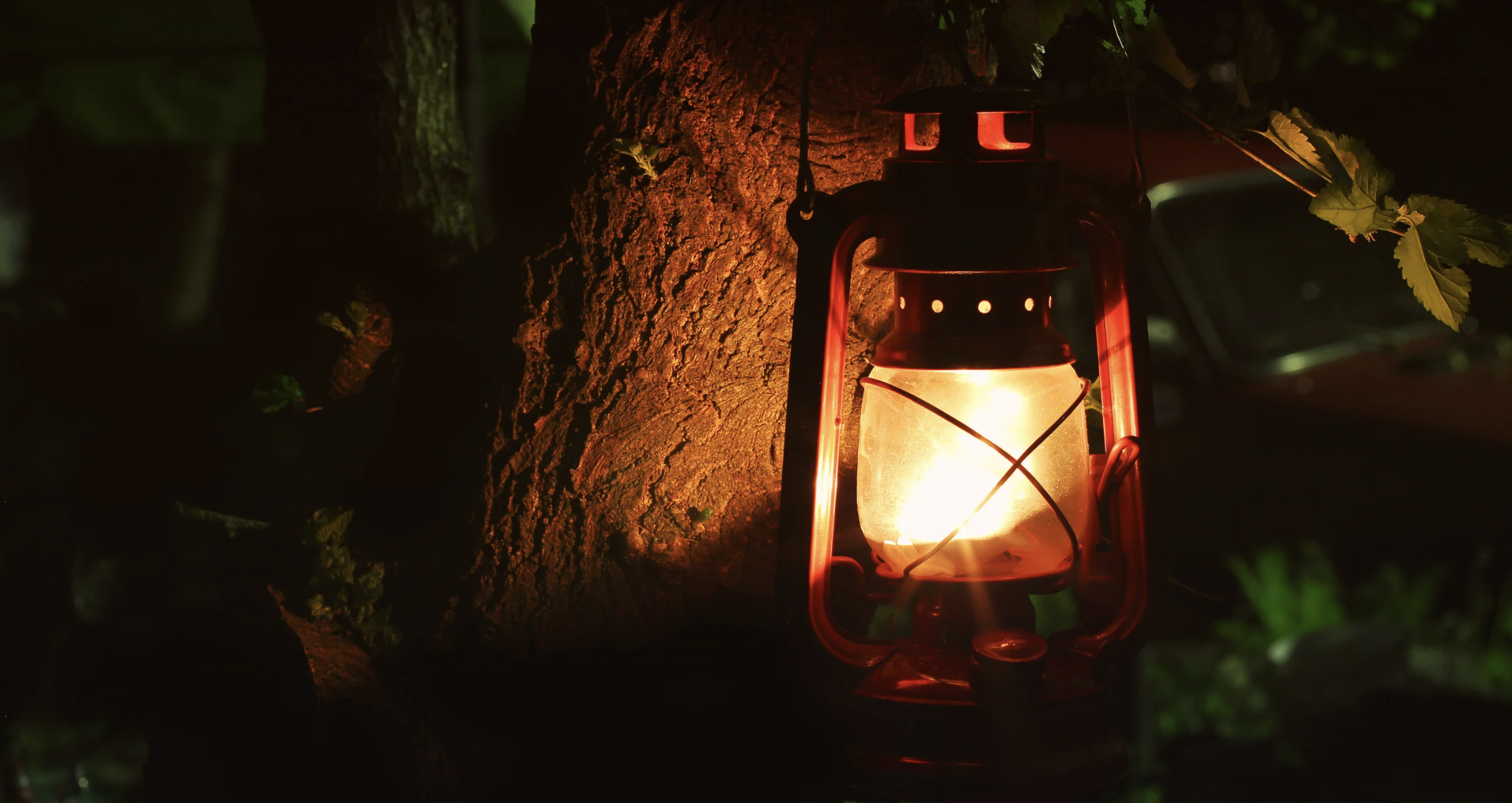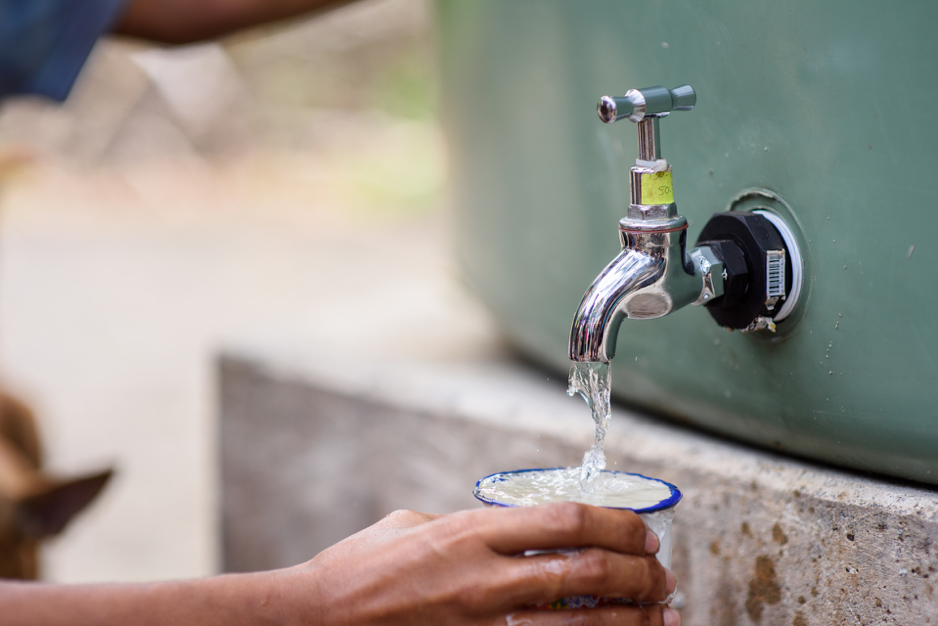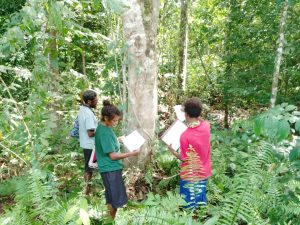5 Fantastic Updates – New Guinea Rainforest
As part of our work in the New Guinea rainforest, we work with a small village in the remote Milne Bay Province named Sololo.
In the last six months, we have seen some real positive moves in the rainforest projects Cool Earth supports there. Here’s a quick round up of the top 5 achievements so far:
1. Solar Lighting
In Papua New Guinea, the sun sets by 7pm leaving rural communities who don’t have electricity access in total darkness. This makes it hard for those living in the community to cook, work and socialise after sunset.
To address this, we helped introduce solar lighting for 129 people in the community. Given that Sololo receives copious amounts of sunlight throughout the day, solar is a reliable and clean source of energy for the community.
As well as providing light, these solar lights come with charging ports, enabling families to charge their phones and communicate with relatives outside the forest.


Solar lighting has transformed evening activities for the community.
2. Fuel efficient stoves
Biomass stoves have been introduced to help people to cook their food faster and reduce the amount of firewood used for cooking. These types of stoves use less wood than open fires and cook food faster. Crucially, these stoves also produce much less smoke than traditional open fires, meaning cleaner and safer air for households.
Less firewood being used also means fewer trips for people to collect wood from the rainforest. Families will only need to collect firewood once a week, compared to up to three times a week before. We also hope to see a reduction in deforestation as a result of communities collecting less fuelwood in the forests.
3. Rural Village Water Project
The majority of the population in Milne Bay do not have access to improved water supplies, meaning waterborne diseases are common. So, we’ve helped launch the Rural Water Supply and Sanitation Programme (RWSSP) WaSH Project in the Sololo community.
This saw water tanks and toilet pots distributed to nearly 200 people in the village. By providing safe and sanitary access to water supplies, we hope to see an improvement in health throughout households.
Plus, an additional benefit to having access to water tanks is that families no longer have to walk long distances through dense rainforest to collect water from wells, springs or rivers.


Water tanks have been introduced across the village.
4. Sololo Education Programme
Most schools are miles away from Sololo. With the cost of school equipment too, education can become inaccessible for many in the village. These geographic and financial strains are why, in adults especially, there is a need for more educational support.
We’re happy to say that we saw 13 students complete their Literacy 2 course and graduate to continue learning with Flexible Open Distance Education (FODE). Classes are run over an intensive 8-week course taught by teachers that specialise in rural education.
These courses don’t just have a positive impact on reading and writing skills, but also on confidence and communication. We hope by arming local people with better skills to communicate, that more democratic decisions can be made – especially when faced against a logging company trying to buy land and trees!
5. Community Forest Nursery
Sololo has also seen the introduction of a Community Forest Nursery, which is monitoring forest phenology to help with reforestation and address forest loss.
The nursery has selected 5 locally useful tree species, including 2 food crops, to be monitored for seed sources. Members of the community have also received training on tree species identification.


Tree identification taking place in Sololo.
What’s next?
Neighbouring partner communities in the New Guinea Rainforest have noticed the positive changes happening in Sololo, and are keen for similar projects in their villages. We’re also currently working with the Papua New Guinea communities of Gadaisu, Wabumari, Wadauda and Kondu on projects that improve livelihoods of local people and also protect the rainforest.
At Cool Earth, we support and implement projects that not only provide long term benefits to forest and people, but also address the communities immediate needs. It’s your donations that have had a real life and positive impact on rainforest communities like Sololo. If you would like to help us continue helping more families living in the rainforest, please support our work.
A huge thank you to our Papua New Guinea delivery partners: GreenTVET and RWSSP!
